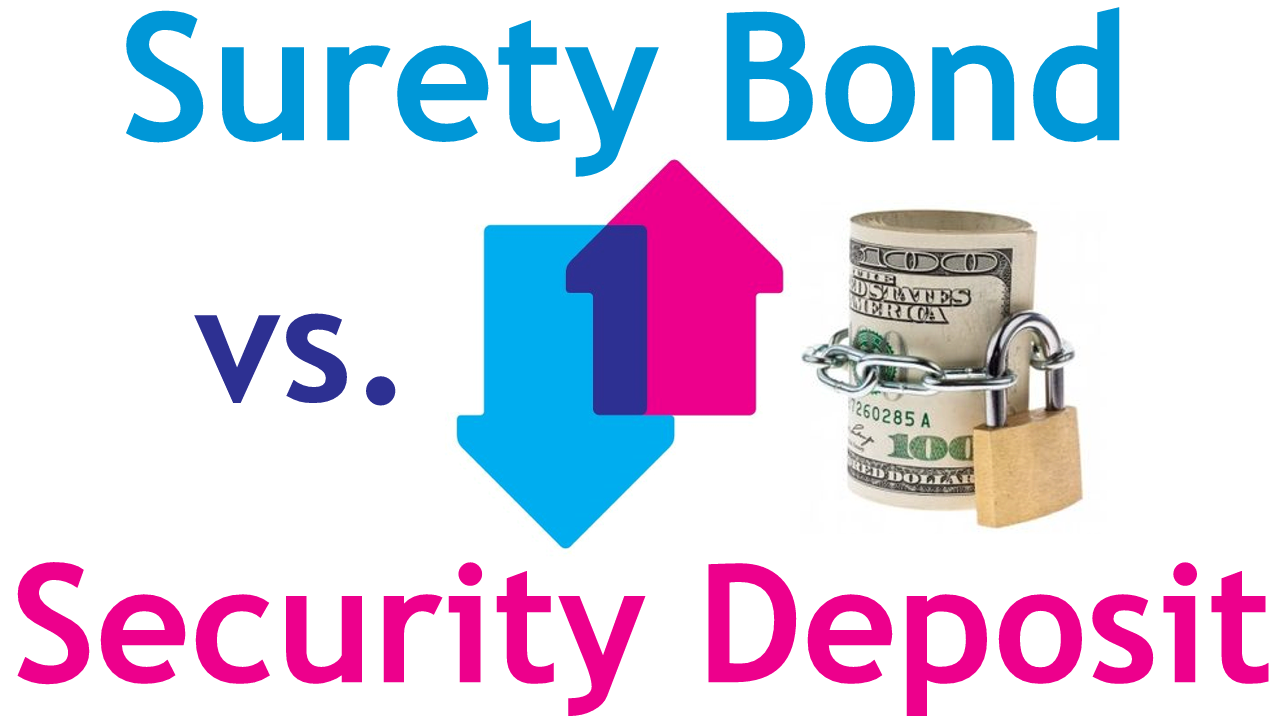Due to escalating move in costs for rental property over the past several years, some landlords are accepting surety bonds in lieu of a security deposit.
What is a surety bond? It’s a one-time, nonrefundable bond premium paid to a surety provider to act as a third-party guarantor. So if the tenant causes any damage, they guarantee to cover it (up to a limit).
However, a surety bond doesn’t release a tenant from financial (or even criminal) liability. If a claim is processed, the surety provider will pay the landlord and then seek reimbursement from the tenant.
How much does a surety bond cost? Premiums usually cost about 10-20% of the total security deposit normally required by the landlord. So if $1,000 is needed, a surety bond would cost between $100 and $200.
What’s the benefit? A surety bond enables tenants to pay a lower amount upon moving in. This lower amount also allows landlords to ask a little bit more for protection against damage since isn’t due up front.
Security Deposit: $2,000 vs. $1,000 ($1,000 difference)
Surety Bond: The difference is only an extra $100 premium for an additional $1,000 in coverage.
What’s the downside? In the end, it could end up costing the tenant more if damage is assessed because the bond premium is nonrefundable. So the damage would have to be paid in addition to that…
…and landlords don’t have as much flexibility as when withholding a tenant’s security deposit in the form of cash.
On the other hand, a security deposit requires strict compliance in many states such as having to store it in a separate account, paying interest to the tenant, and having to return it within a specific time frame.
What’s best?: Ultimately, your local market conditions and demographics will help you decide. If security deposit amounts continue to rise substantially, tenants may trend toward the low cost illusion of surety bonds.
